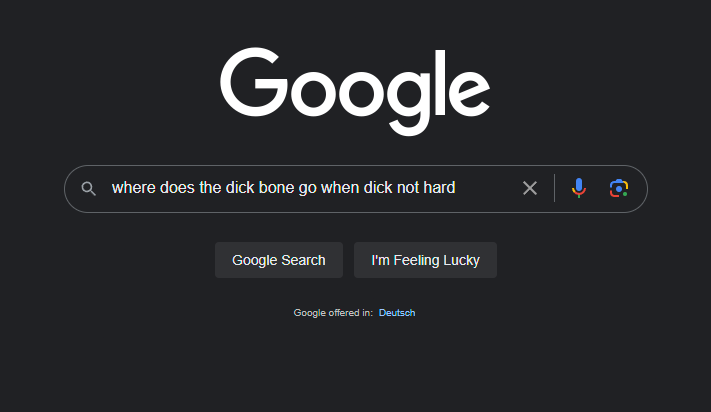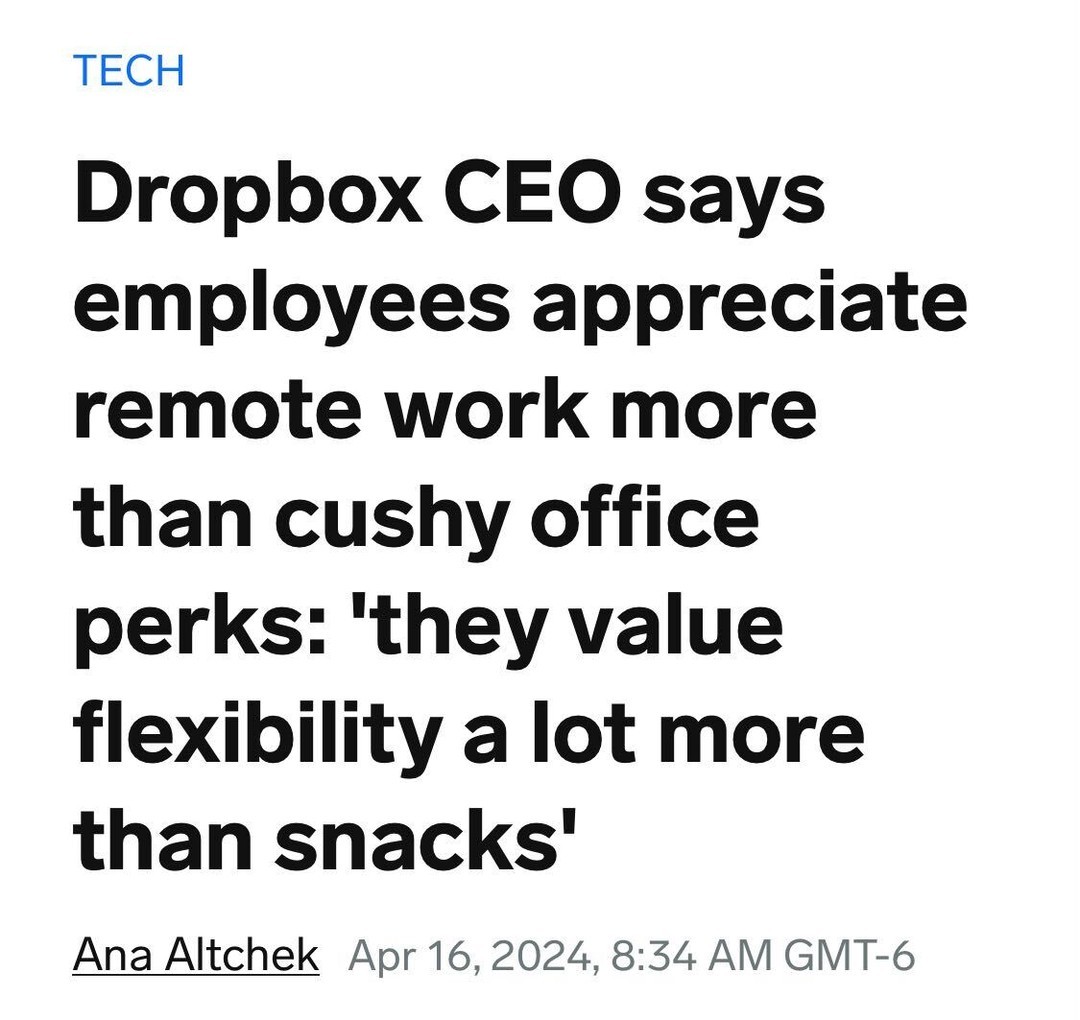Post details
Attached: 1 image

This content type is full of IndieWeb post types, which are all content types which allow me to take greater ownership of my own data. These are likely unrelated to my blog posts. You can find a better breakdown by actual post kind below:
Attached: 1 image

Between and I took 6903 steps.
If your enemy is literally hiding behind children, you don't say, "My enemy made me kill children." You say, "I couldn't kill my enemy, because there were children in the way." Unless, of course, you don't think the children are really human in the way that your children are human.
Have you seen the newly launched Commonhaus? 👀
As much as I don't think every single project or ecosystem needs its own dedicated FOSS foundation... I would much rather that than have a massive swath of the FOSS commons under the auspices of a single organization. I've not been shy about my views that the Linux Foundation has become a dangerous single point of failure. #OpenSource #FreeSoftware #Governance
Attached: 1 image everyone in this cafe: look at him running his own business from his laptop, must be a real high achiever me:

What’s wrong babe? You’ve hardly created any shareholder value today
One of the most useful things I've learned about writing software is knowing when to say "Nah, this is bad", reset or stash my change, and start again. Nothing you write is providing value until it's landed in main, and even that's not a guarantee. Be more comfortable with throwing away your work if it's not right, and work in small increments so you're less attached to your solutions.
@heydon@front-end.social awesome. And if the goal is to provide a “constant reminder”, I want to create a religion that’d promote temple anal plugs. Not sure that they would provide a lot of physical protection, though…
Content warning: ukpol, mental health, rishi sunak can suck my ass
This week on The Business of Open Source, I spoke with BoxyHQ co-founder and CEO Deepak Prabhakara. We talked about a number of things, from BoxyHQ’s relationship with its open source project, called SAML Jackson to how to build a growth flywheel and how that flywheel does and does not depend on...

Between and I took 6117 steps.
Saying "post-COVID" as someone who is tasked concerned with public health is a fast track to the nope zone. (Here's looking at you, Blue Zones Petaluma.) #SFBA #Petaluma #COVID
We don't like the "SSO tax," where vendors treat a basic security feature like a luxury to charge users for. And yet, we found a whiff of it in our own pricing! So we fixed it: https://tailscale.com/blog/sso-tax-cut/?utm_source=Mastodon&utm_medium=owned-social&utm_campaign=devrel-social
Attached: 1 image Cloudflare reached out on LinkedIn to see if i would want to work with them

Did MKBHD ruin an AI company and their product because of their negative review of it? No, the bad AI product ruined itself and its company. Just because someone created a business, found funding and created a thing doesn’t mean they should get instant recognition, and a pass for crappy stuff. Entrepreneurs aren’t your friends, they aren’t superior, they don’t deserve to be coddled. When they make sh*t products, they should be told that they made sh*t. MKBHD did their job.
Attached: 1 image · Content warning: TW // Suicide
Content warning: TW // Suicide
me? overwhelmed? impossible
Attached: 1 image your identity in a capitalist society

Google went from “don’t be evil” to “help commit genocide or you’re fired”.
Google went from “don’t be evil” to “help commit genocide or you’re fired”.
Oooh enjoy!!
Off to see #Dimension20 live tonight and I cannot wait! 🤩 #TTRPG #TabletopGaming
I will be attending .
Adam Jacob is CEO and co-founder of System Initiative, an infrastructure automation software startup that came out of stealth in 2023. Previously, he was co-founder and CTO of Chef Software, which also focused on infrastructure automation, and was sold to Progress Software in 2020. Chef had roots in open source, and underwent a license change in 2019; Jacob has taken a different tack with his new company. In this episode, he discusses his "speed run" through the various permutations of open source business models during his career, and how the industry can use the lessons learned by a generation of open product entrepreneurs to improve open source-based business sustainability.
Dumb website for copying symbols.
Between and I took 5397 steps.
Between and I took 5643 steps.
I will say the UK doubling down on trying to make sure young queers die is certainly making it harder to be a person this week 🙃
Listen to How to Have a Massage from Nobody Panic. Stevie got a massage and loved it. Tessa gets them all the time for her stressed body. Together they offer advice if you’re thinking about going for the first time and, quite frankly, get far too worried about how to tell if your masseuse is going to give you a “happy ending” or not. Subscribe to the Nobody Panic Patreon at patreon.com/nobodypanicWant to support Nobody Panic? You can make a one-off donation at https://supporter.acast.com/nobodypanicRecorded and edited by Aniya Das for Plosive.Photos by Marco Vittur, jingle by David Dobson.

Attached: 1 image The sponsors of an event like Open Source Summit are often a good list of orgs that might be hiring, if you’re looking for a job. #OSSNA

Attached: 1 image It's incredible what you learn when you treat your employees like adults.

That's what we like to hear 🥰
feeling like i’m getting my spark back after a long while ✨
Alexis Richardson co-founded a company in 2014 called Weaveworks, which created an open source GitOps project called Flux CD. In February, the company ceased operations, despite having gained new customers in 2023. Among the events that precipitated the closure of the business were acquisition talks with a larger company that fell through "at the 11th hour," according to a post by Richardson on LinkedIn. Weaveworks is one example of a company associated with a flourishing open source project – Flux CD continues under the CNCF – that ultimately couldn't make the business side work. Richardson gives his take on what happened with the company and how the CNCF could help businesses like it in the future, as well as what he's got planned next.
Chad Whitacre is head of open source at Sentry, an application and performance monitoring software maker that moved to a business source license for its products in 2019, and then to a functional source license in November 2023. Most recently, Chad has been working on a new project called Software Commons over the last six months, with the goal of balancing the user freedom prioritized by open source software with developer sustainability. In this episode, he discusses the tragedy of the commons vs enclosure, open source vs open products, BSL vs FSL and more.
William Morgan is CEO at Buoyant, a company that sells commercial and SaaS support for the Linkerd service mesh project and employs all of its maintainers. In February, Buoyant announced it would no longer be making a certain class of the project's code, called stable release artifacts, available for free to production users with more than 50 employees. Morgan discusses community reaction to that change and his outlook on the future of open source.
The more I work with specifications and standards, the more I realise the power of accurate and shared vocabulary. This article about OAuth2 terminology is wonderfully short and precise! https://aaronparecki.com/2024/03/29/3/oauth-terminology #linkTuesday
Between and I took 4427 steps.
<p>Actress and comedian Kristen Wiig feels warm about being Conan O’Brien’s friend.</p><p> </p><p>Kristen sits down with Conan to discuss sketch comedy’s “false positives,” odd jobs before landing on SNL, her favorite characters she’s developed over the years, and leading an ensemble cast in her new series Palm Royale. Later, Conan responds to a listener voicemail with a special request involving a birth.</p><p> </p><p>For Conan videos, tour dates and more visit <a href="http://TeamCoco.com">TeamCoco.com</a>.</p><p>Got a question for Conan? Call our voicemail: (669) 587-2847.</p>

Attached: 1 image "Consent Mode is off by default" is like the unofficial motto of the tech industry. https://www.theverge.com/2024/4/15/24130832/limitless-ai-pendant-wearable-meetings
